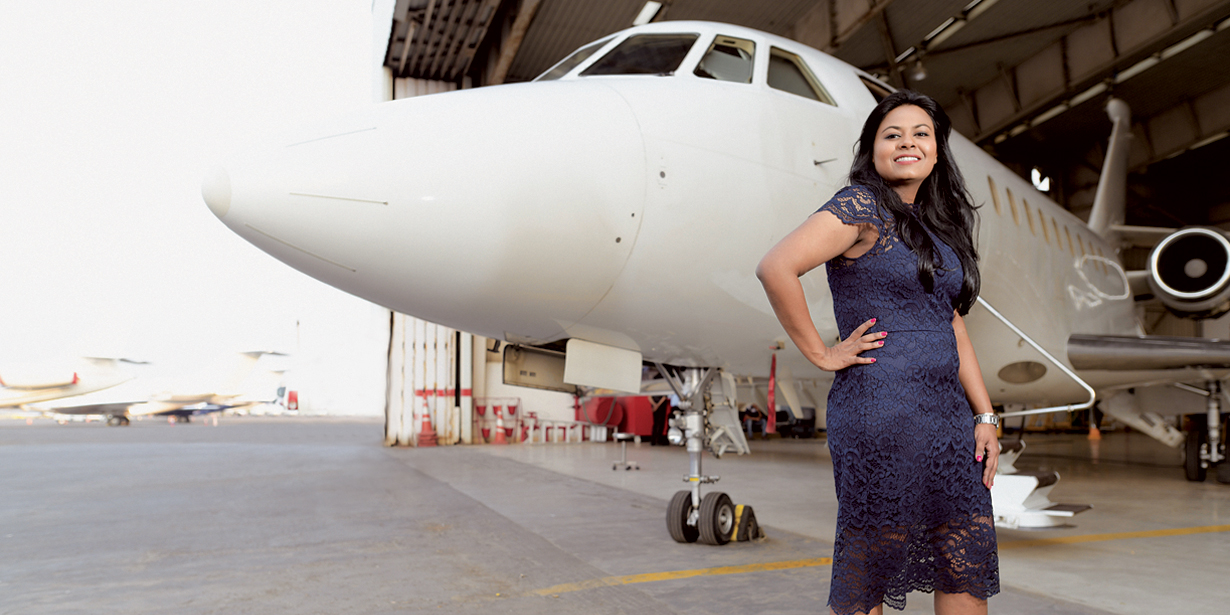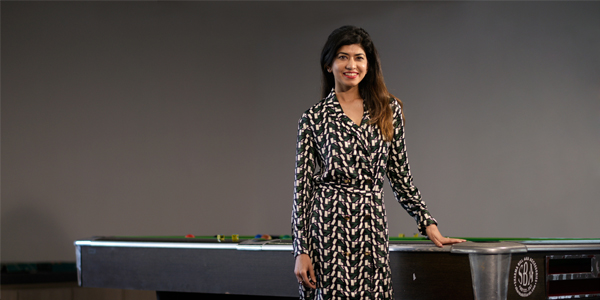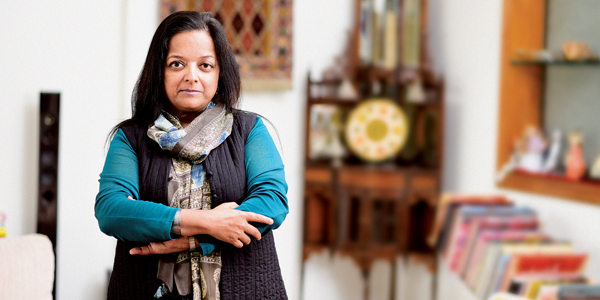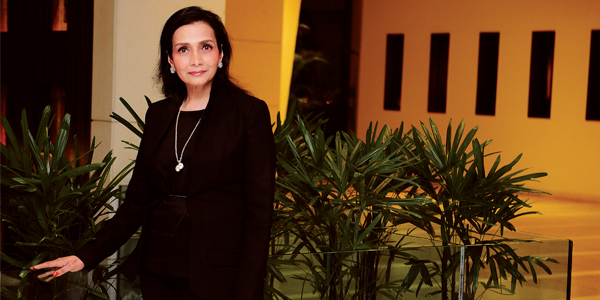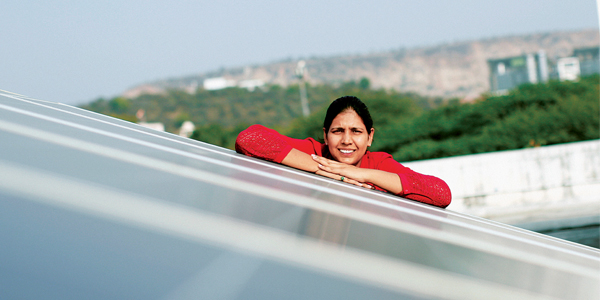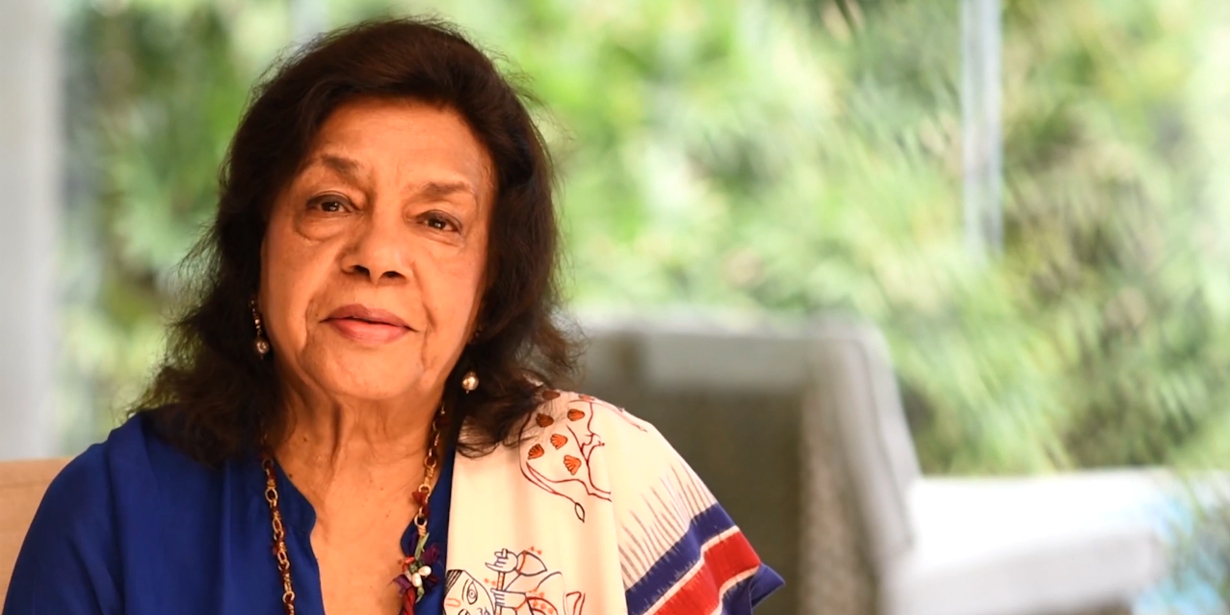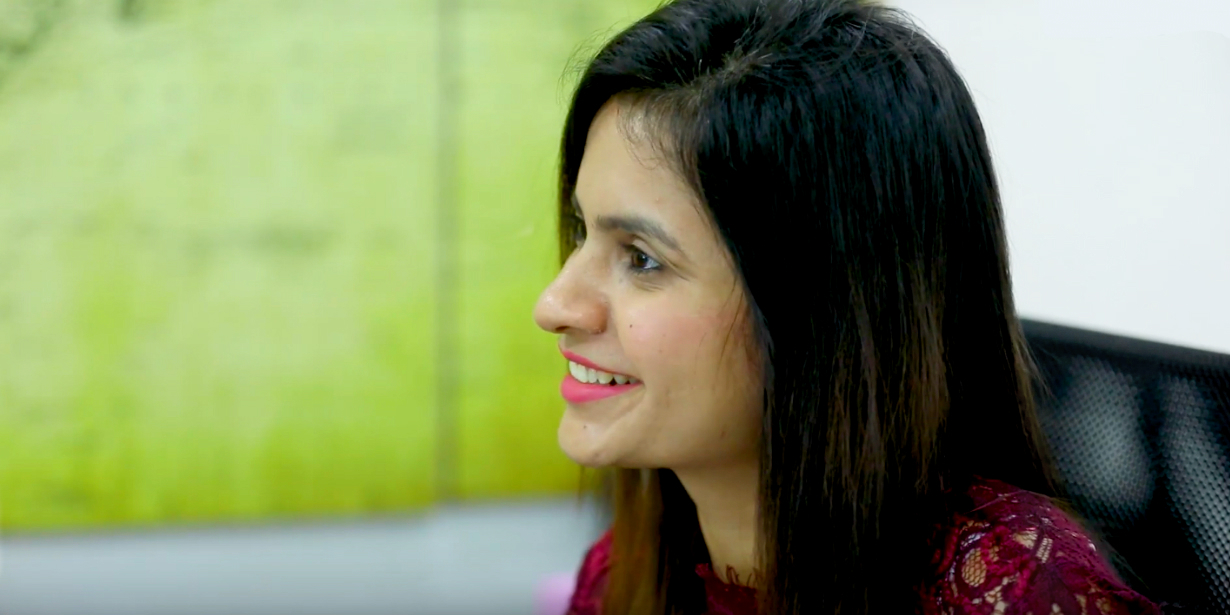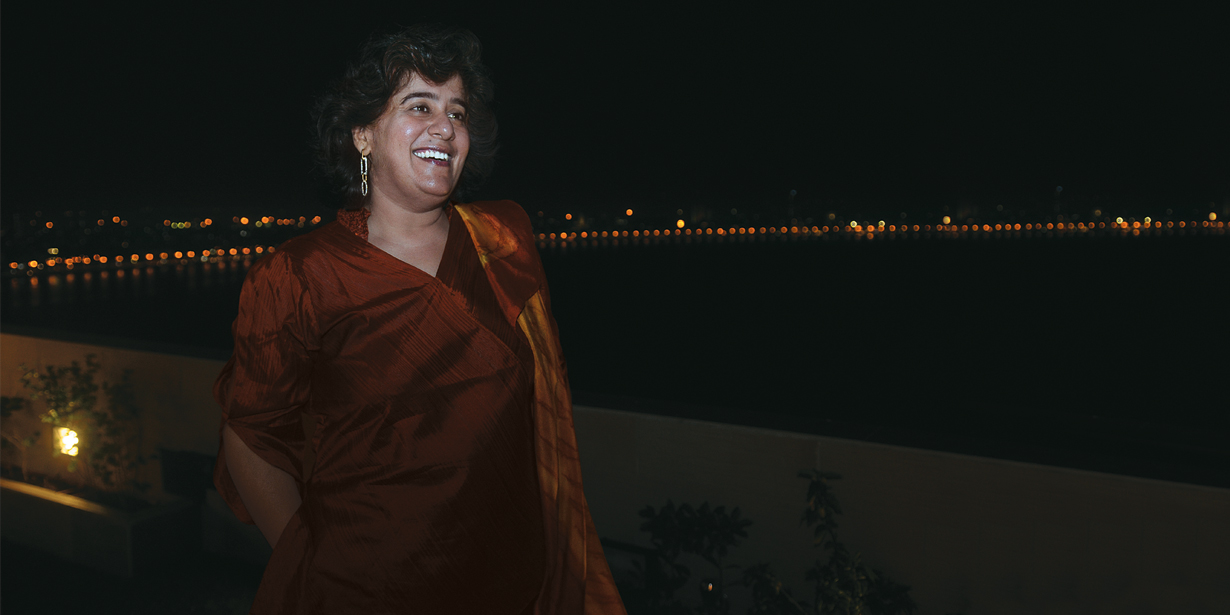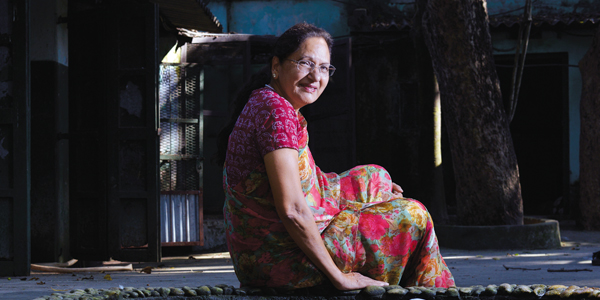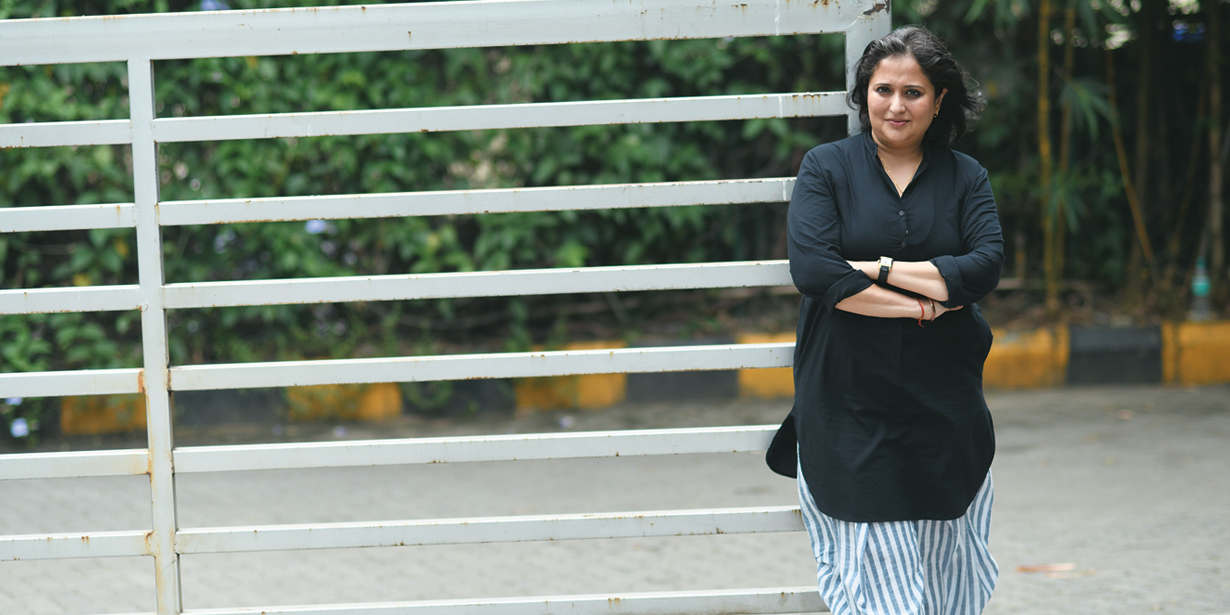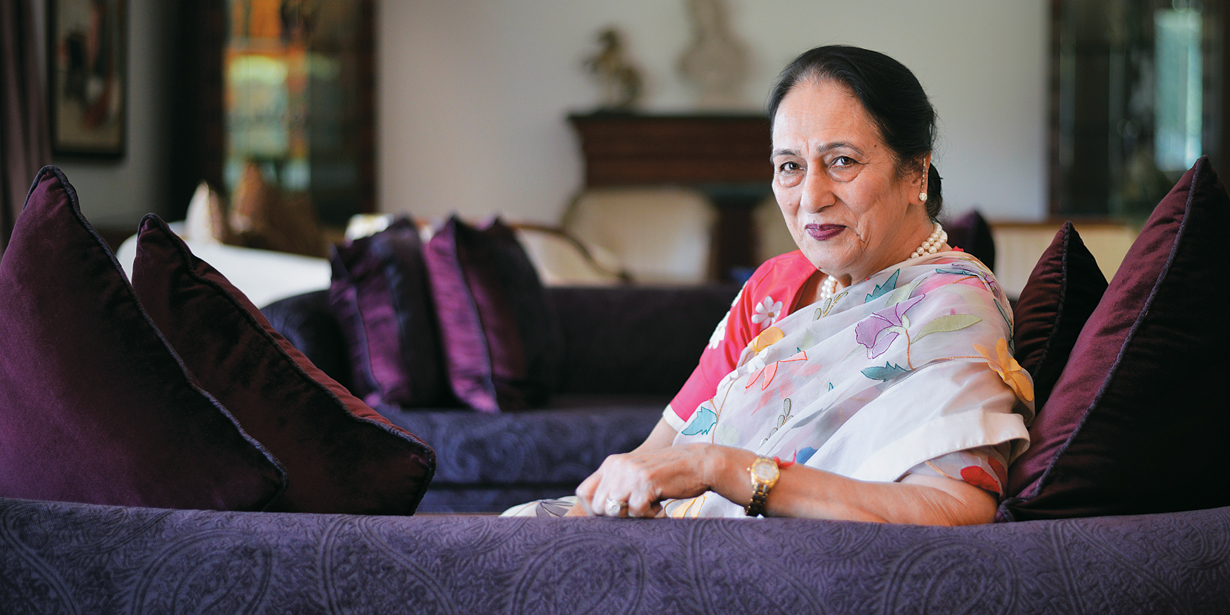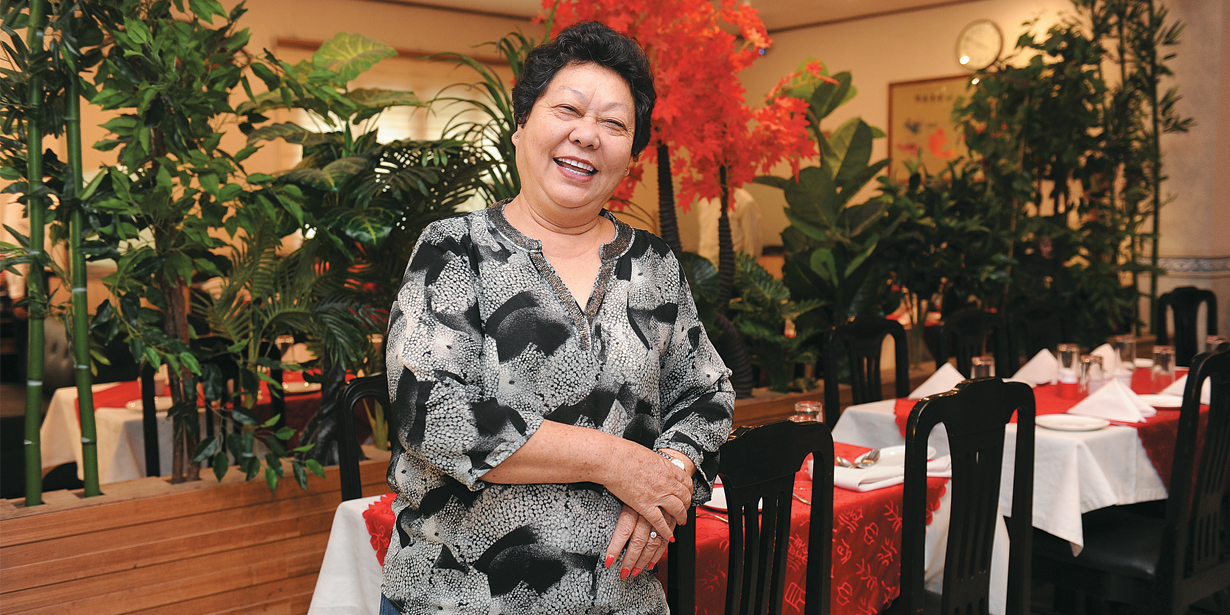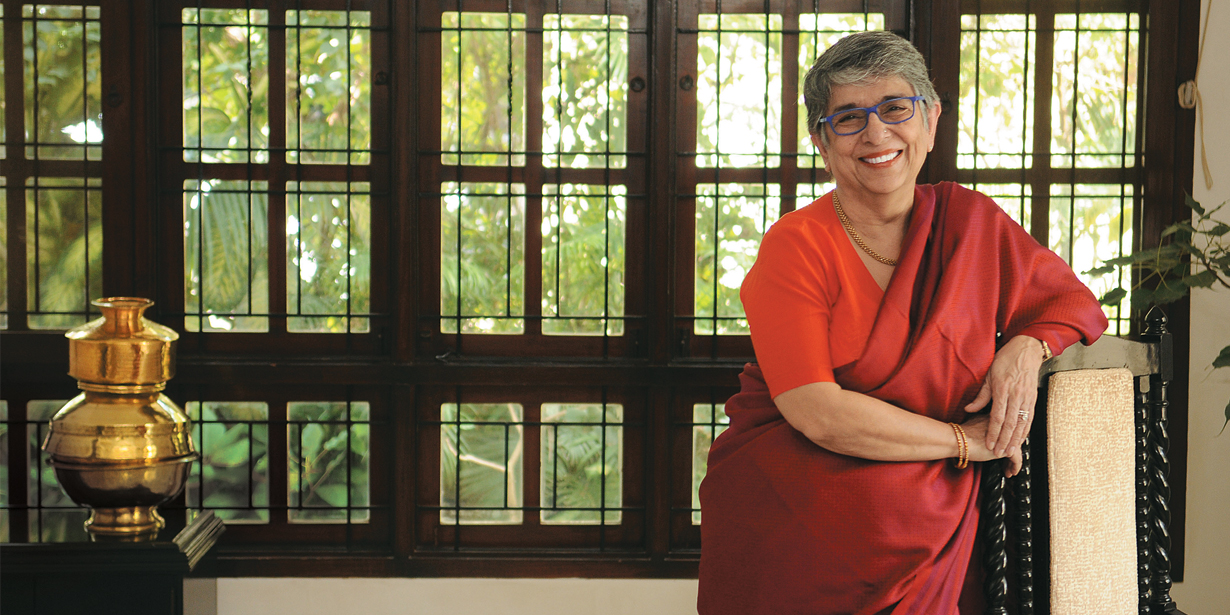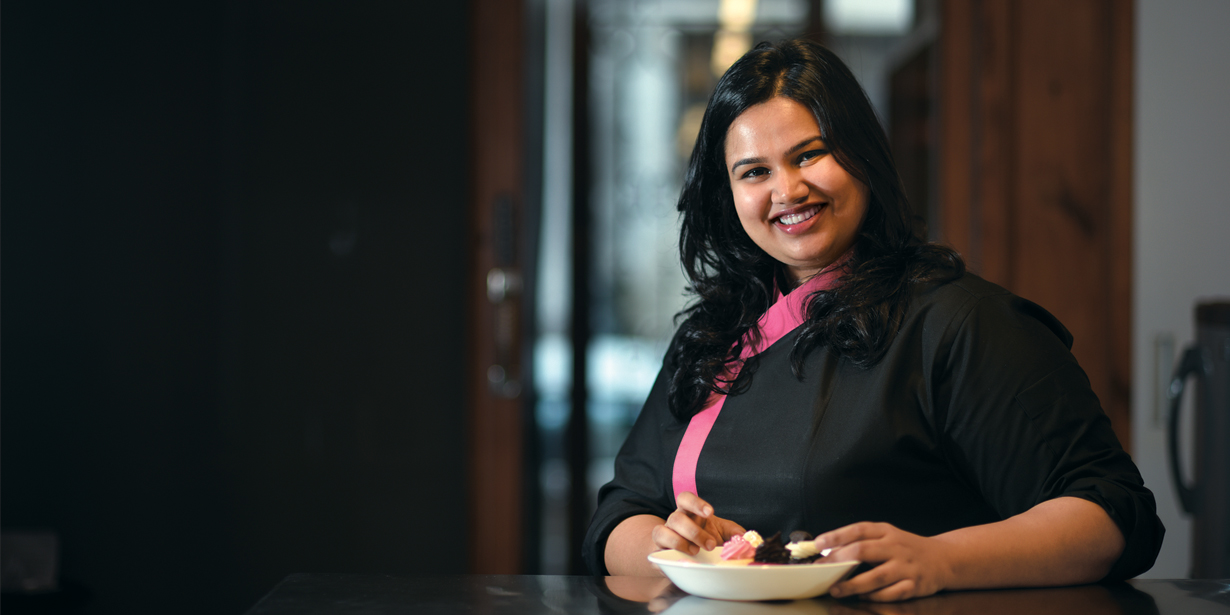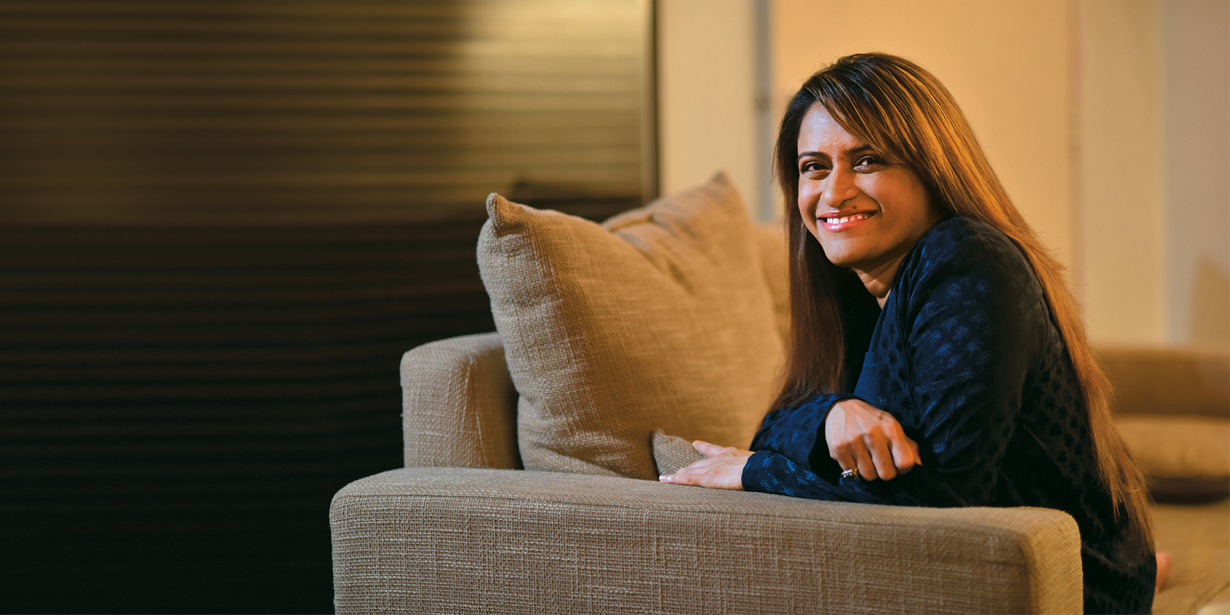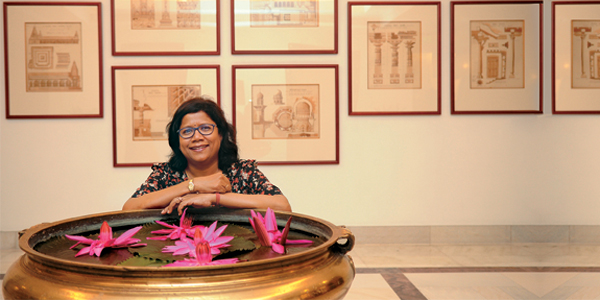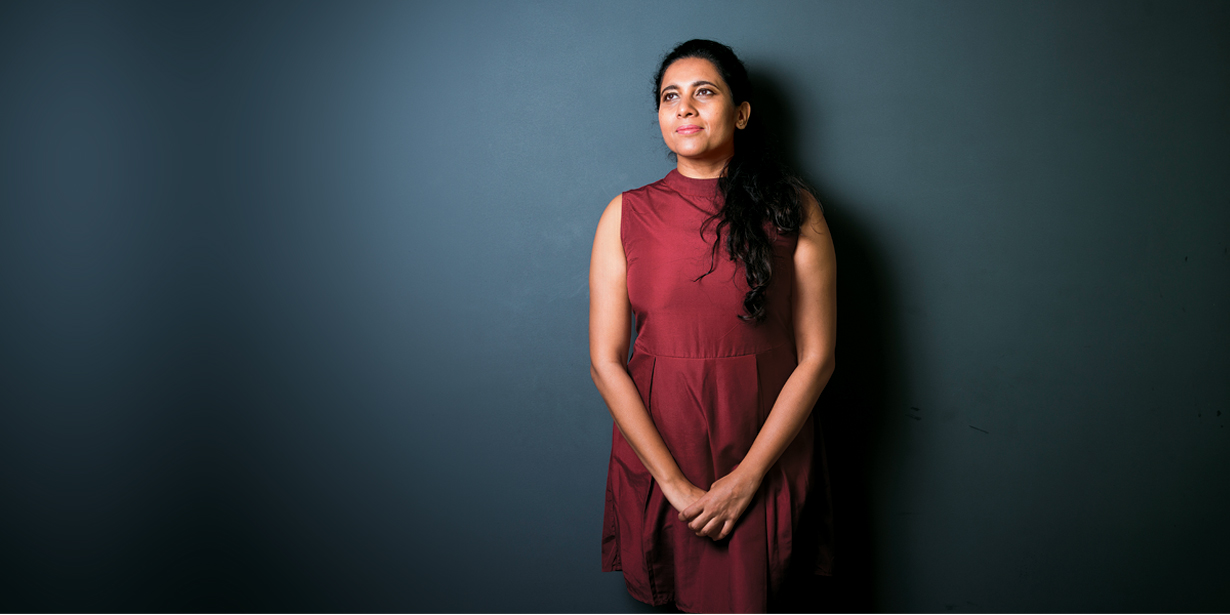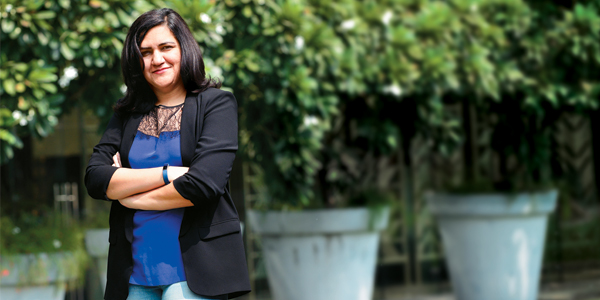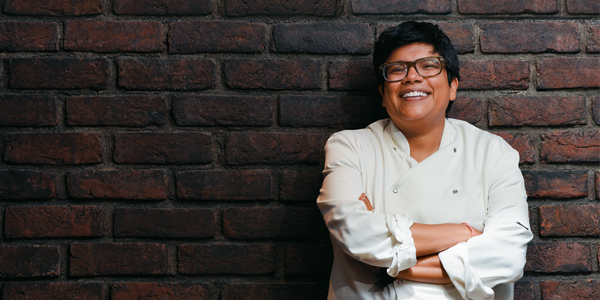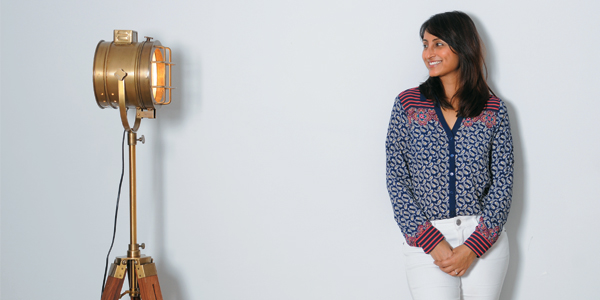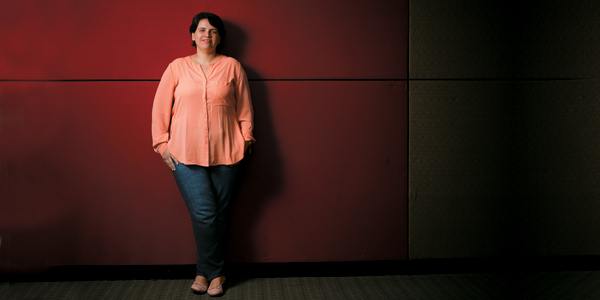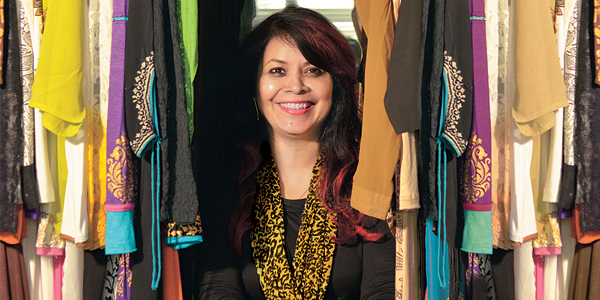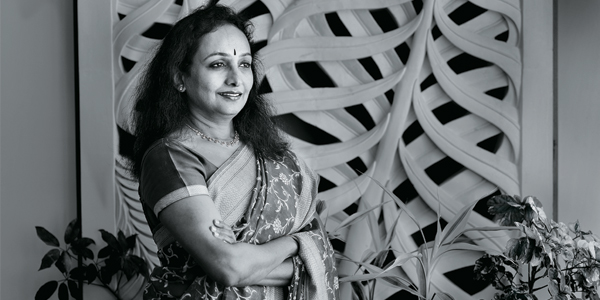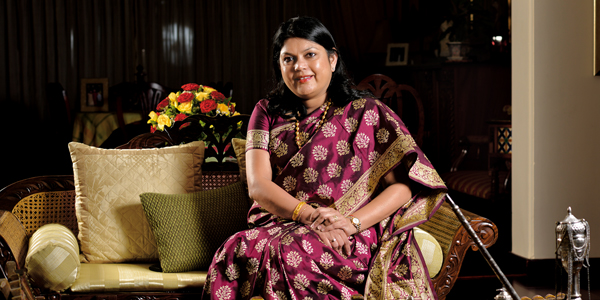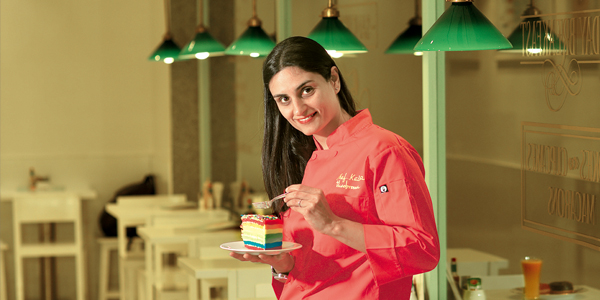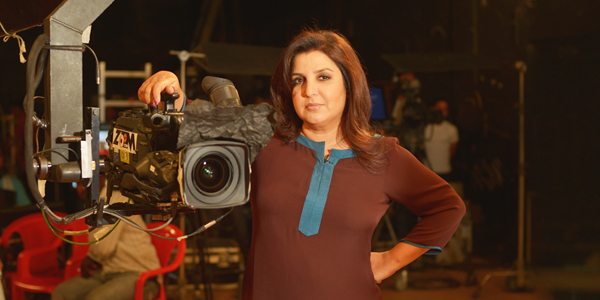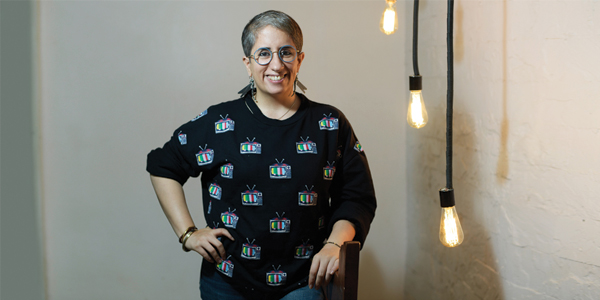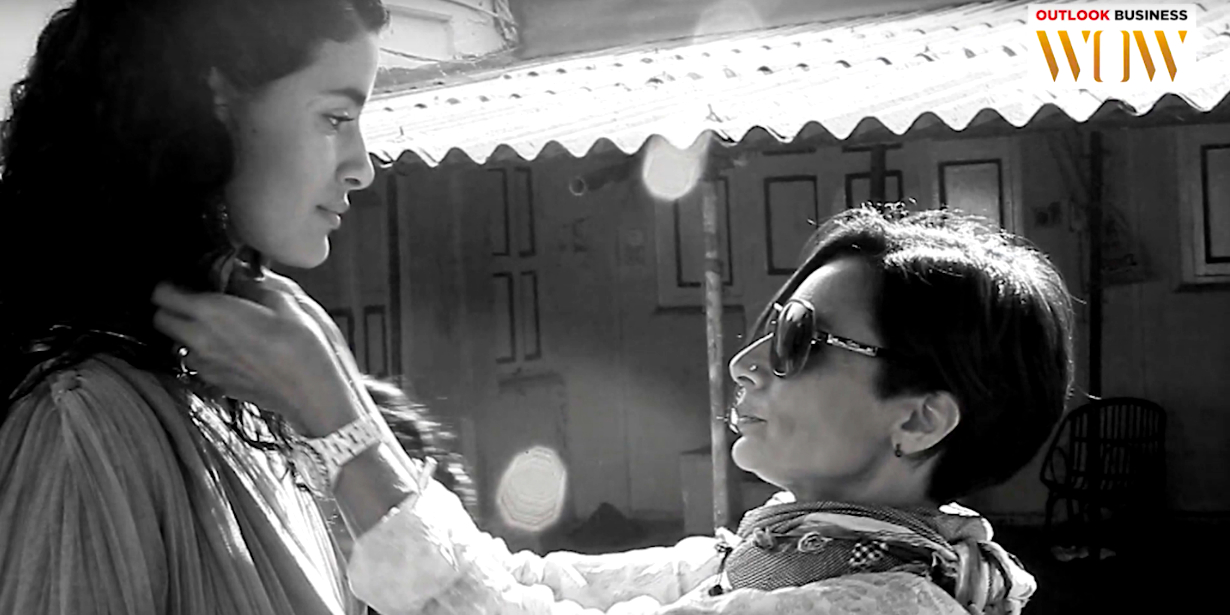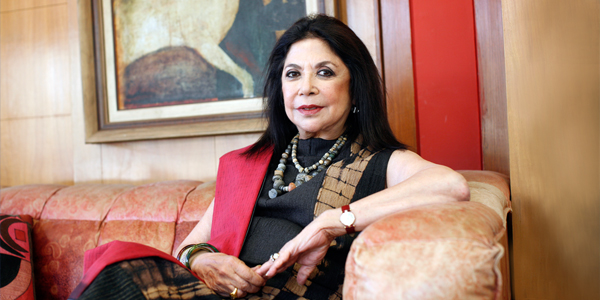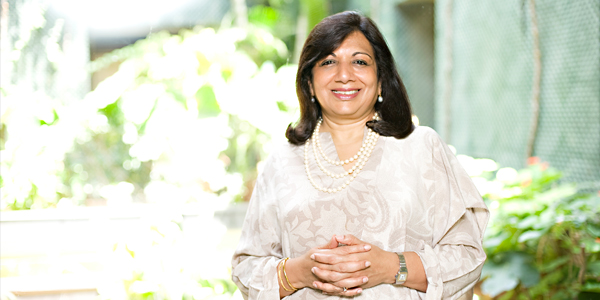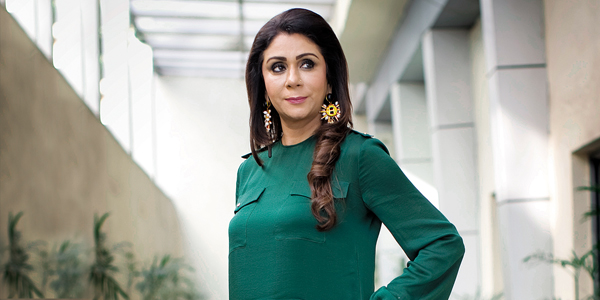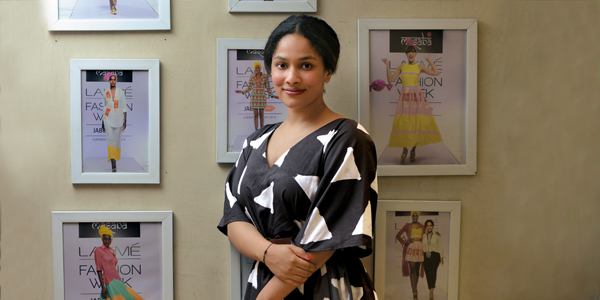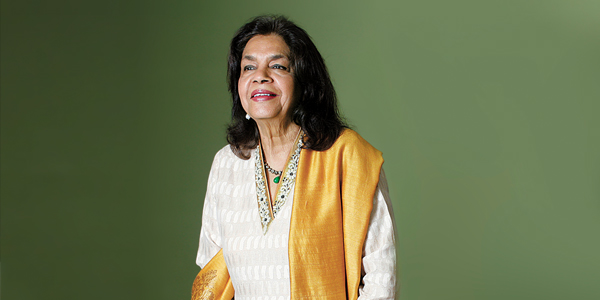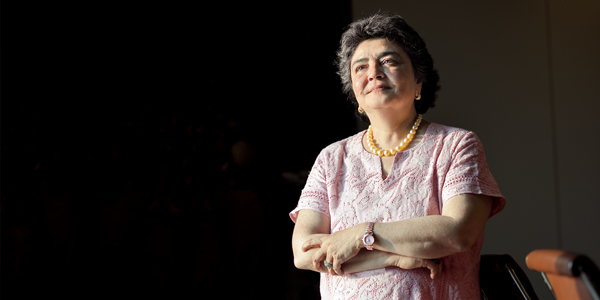From battling cancer at 22, to building the Rs.500 million “Uber of the skies” – Meet the effervescent Kanika Tekriwal
Kanika Tekriwal’s aircraft charter business took off from a rocky strip but today high-flying business men rely on her to reach them wherever, whenever
Business, for most Marwari families, is important. But a girl becoming an entrepreneur is unconventional and odd, even in that enterprising community. This is what the CEO of JetSetGo, Kanika Tekriwal, had been told since her childhood. Thankfully, her heart rebelled. Today, her Delhi-based company manages and operates planes for commercial plane operators, even selling services and parts to them. It helps others charter aircrafts, and even schedules trips for them. JetSetGo’s growth has been phenomenal; they progressed at over 600 per cent, as the company’s revenue shot up from Rs.70 million in 2016 to Rs.500 million in 2017, according to Zauba Corp. Who said women can’t soar?
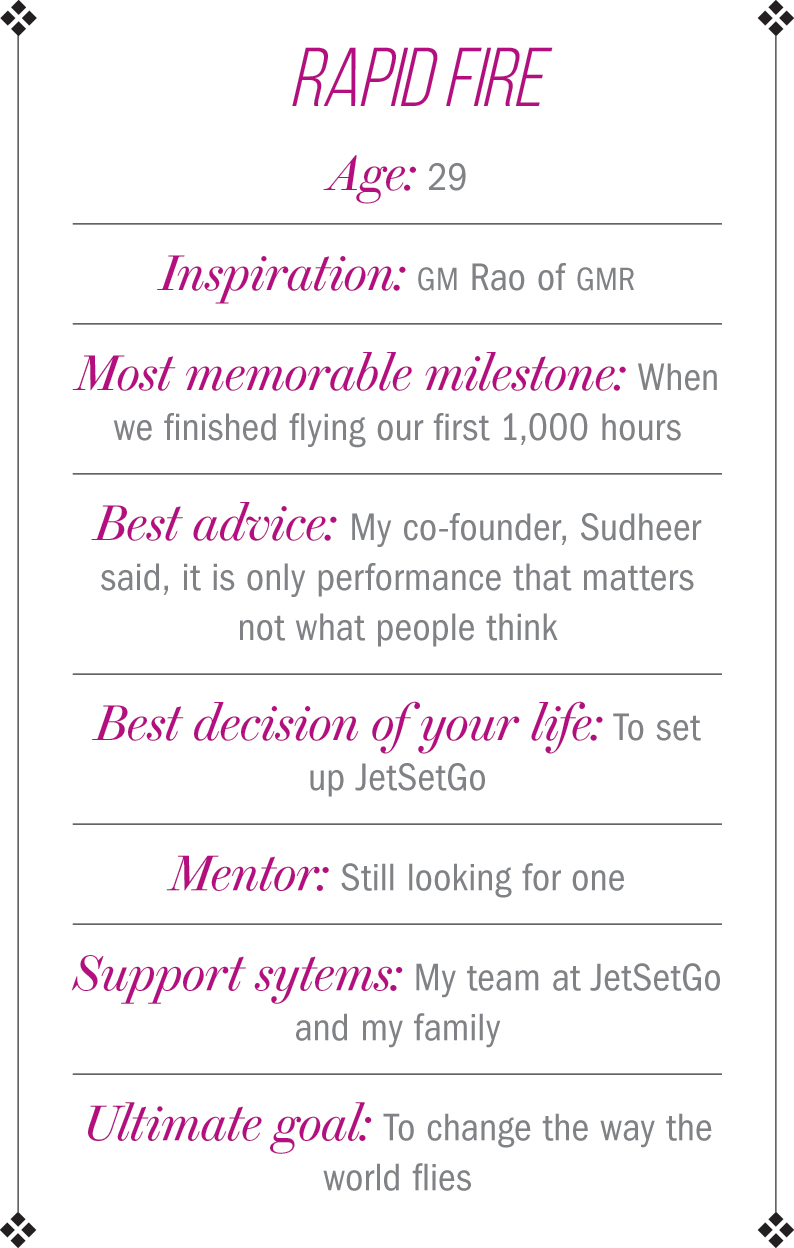 “There was even a time when I wanted to become a pilot,” laughs Tekriwal. Well, she may not have become a pilot, but now, she manages India’s largest aircraft fleet.
“There was even a time when I wanted to become a pilot,” laughs Tekriwal. Well, she may not have become a pilot, but now, she manages India’s largest aircraft fleet.
Dream takes shape
The 29-year-old says she was raised in a “traditional Marwari household.” “I grew up learning how to fill out cheques and use a typewriter and sat down for discussions with people who handled finance in dad’s business,” she says.
With a spark in her eyes, she says her father was always keen on making her understand finance. While she was making plans of becoming an entrepreneur, her parents were keener on teaching her the basics to be the perfect life-partner to a businessman husband. They wanted her to get educated and marry into a rich family.
Tekriwal was sent to study at the Lawrence Public School in Ooty when she was seven. She was two years younger than her classmates because she had skipped kindergarten. “I grew up very fast, and more than anything else, it taught me survival,” Tekriwal adds. However, at the boarding school, Tekriwal also found solace. Students were encouraged to pursue cultural and extra-curricular activities, and Tekriwal saw her passion in painting develop gradually. At one point, she thought she could be better in arts, in painting and designing in particular, rather than business.
But her time at the school was cut short. After her ninth standard, Tekriwal’s parents shifted her back to their hometown, Bhopal. It was not an easy move, particularly because her new school, the Jawaharlal Nehru Senior Secondary School, was deeply academic. Tekriwal’s world had turned upside down with her expected to learn housekeeping, a skill considered necessary for a daughter.
She did try to fit in, pursuing her graduation in economics, alongside a diploma in visual communication and designing, from Mumbai. But, by the end of her college days, Tekriwal knew both subjects would have to take a backseat. She was intent on pursuing business studies, and went to London to get her MBA from Coventry University. “I started working when I was barely 17 years old. While I was in college, I worked with Aerospace Resources in business development, at Coventry, and seized the potential for the charter market in India,” says Tekriwal.
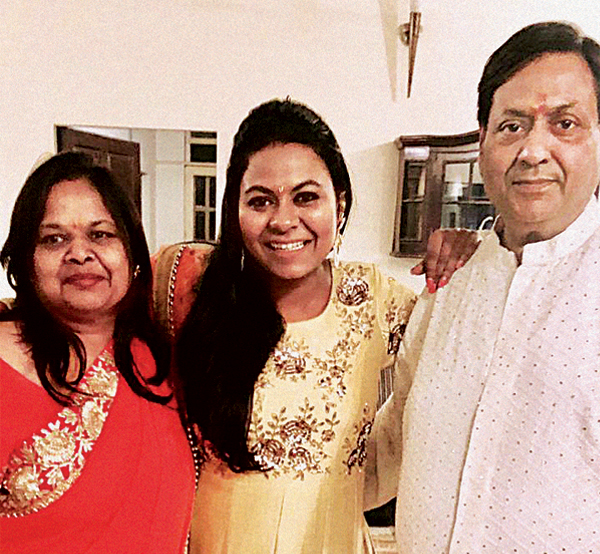
By now, Tekriwal knew that India direly needed something like JetSetGo. While in London, she had seen many such services that were thriving and had even worked in one. In 2011, she returned to Bhopal to set up her company, brimming with certainty, when tragedy struck. At 22, she had been diagnosed with stage-2 Hodgkins Lymphoma.
She recovered from it with renewed vigour, but her parents had become even more protective of her. They refused to support her plan to shift to Delhi, to start JetSetGo. “My father stopped talking to me for quite some time. They thought I was not physically strong and that Delhi was not safe. I tried to make them understand, but my business idea was too unfamiliar. Initially, dad thought I was making a phone game,” Tekriwal says.
Tekriwal put her foot down and moved, starting her venture in 2014. Her friends were always supportive of her plan to set up the “Uber of the skies.” Tekriwal stayed at a friend’s house in the beginning, as she wasscared of living alone in the capital city. “I never knew what jahaz meant before coming to Delhi, I had always said plane. Now I keep saying jahaz all the time, and can’t say plane anymore,” she quips.
She got down to work immediately, learning a range of skills — from the language to understanding how the system worked for the plane operators. Tekriwal had rounds of discussions with various stakeholders, for a deeper understanding of the sector and of the troubles they face. By the end of these, she had managed to convince a few to hire her services and, in eight months, her company had won the contract to manage 20 planes and had hired a team for each aircraft. “From taking the calls to dispatching the plane, in the first six months, it was only me doing every single thing,” she recalls.
“I started out when I was just 26, and very naïve. I thought I could change the world, which I still believe I can. Perhaps my mission then was to convince the operators that they can own the plane, but I will be the one making it more serviceable and running it. I wanted to change the way people flew private jets,” Tekriwal says. She was eager, but she was prudent. Tekriwal had initially planned to buy planes to rent out, but dropped that idea a few months into her planning, since that did not seem like a viable business.

JetSetGo, therefore, manages the largest fleet in India without actually owning it. There are 150 commercial plane operators in India and the company works with almost all of them, operating 80 aircraft for now. They charge plane operators 5% to 30% of their EBITDA, and individuals and corporates who want to hire a jet Rs.60,000 to Rs.7,00,000 for a day, depending on the size of the craft. The smaller ones are six-seaters, and the largest ones are 17-seaters. You can also book a seat on their flight through their Sky Shuttle service for Rs.15,000 to Rs.40,000, depending on the distance. A busy flyer’s waiting time is cut down to 30 minutes before take-off, and he or she can ask for a limousine pick-up and drop. JetSetGo also arranges private charters for pilgrimages, weddings, and emergency rescues.
Tekriwal’s company, which provides a dreamy luxury, didn’t have an equally magical start. The first flight they had activated did not take off, because two hours before departure, the plane owner opted out of their service. Tekriwal cried for days but went back to work, stronger than before.
One of the perpetual problems that any start-up faces is a funding crunch. JetSetGo faced that for almost a year till her friend and cricketer Yuvraj Singh stepped in. Tekriwal says it was only a 40-minute phone call with Yuvraj’s CIO Nishant, that helped raise their first round in July 2015. The second round came from Puneet Dalmia, a flyer with JetSetGo, in December 2015.
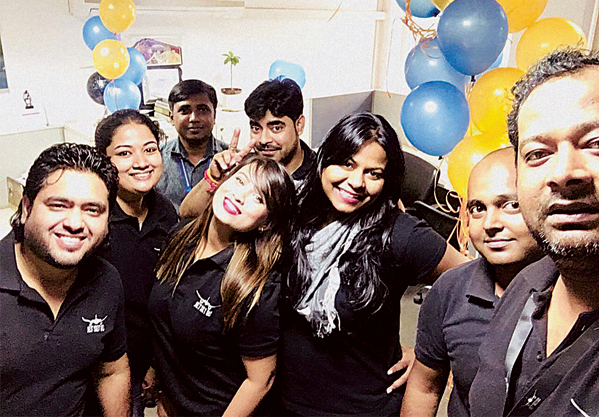
It’s been four years now, and Tekriwal accepts the challenges with more equanimity. “Just today, an owner wanted a plane but nothing was available. He gave me four hours notice to make it happen and I did. I absolutely hate being in such a situation. The only time I give myself a break is on Sundays for a maximum of four hours,” she says.
Technical and operational problems aside, Tekriwal despised the patronising tone a few people took. “I hate the ‘beta’ business. I was often told ‘beta boutique khol le.’ Once, I had gone to a customer to make a pitch, and he asked if I could fetch him coffee. It took all the courage in me to reply that I was the CEO of this company. But today, he is one of my closest friends,” she adds.
Tekriwal has another plan in the kitty now. She is looking to map the routes that are going to be the busiest in five years. This will be the ‘groundwork’ to convince more people to use air transport over land transport. For this, the company has also decided to expand its inter-city and intra-city air shuttle services using smaller jets, with vertical take-off and landing (VTOL). Shuttles for the Mumbai-Bengaluru, Mumbai- Tarapur and Mumbai-Vapi routes have already been launched.
“In all these years, I have never felt that I was in the wrong place. Of course, there are tough days. But, I am certain that this is what I always wanted to do and I will be the best in this field,” she says.
